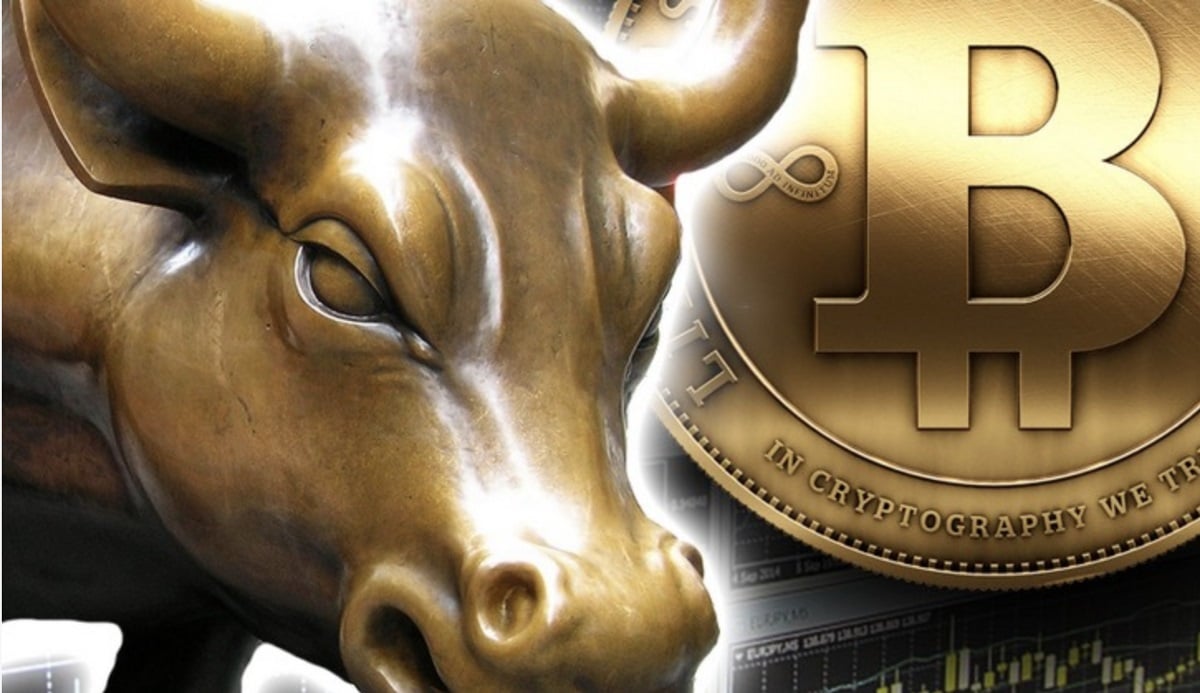The recent rise in the crypto money market brought with it the questions of investors whether they entered a bull market.
Asset management firm Bernstein said in a research report Monday that the collapse of FTX triggered a new bull cycle in the cryptocurrency markets.
Biggest Crypto Bull Cycle Starts According to Bernstein Analysts
The report states that the collapse of the crypto exchange cleared the last slice of "toxic crypto leverage" and taught digital asset investors the importance of decentralization and self-storage wallets.
The report said that macro-catalysts align for Bitcoin, the world's largest cryptocurrency by market value, and continued weakness in U.S. regional banks and greater deposit outflows to money market funds and four major U.S. banks reflect concerns about the "centralization of money."
“Any potential stalemate, whether on the credit side of banks or on the governments side, perfectly positions Bitcoin as a safe-haven asset alongside gold,” analysts Gautam Chhugani and Manas Agrawal wrote.
Bitcoin is up 80% this year – prices soared 23% in March amid multiple bank failures in the US. Ethereum's native token, ETH, is up 76% year-to-date.
Last week, Ethereum launched the highly anticipated Shapella hard fork, opening the door for users to stake and redeem ether at any time.
Ethereum rallied 13% after the upgrade, pushing the market up. The report states that fees for the Ethereum blockchain have tripled, “reflecting the increased user density and token prices post-FTX.”
According to Bernstein, the new crypto cycle is not yet fully understood, with a number of positive factors lining up.
These include macro-catalysts, a new Bitcoin mining cycle, continued successful upgrades of the Ethereum blockchain, and the success of Ethereum scaling ecosystems such as Arbitrum.
“The opportunity to build a new institutional financial structure on the blockchain remains a worthy goal, and serious participants are focused on the long-term,” the report said, adding that this will be “the first crypto cycle to see the engagement of leading institutional investors.”
*Not investment advice.










